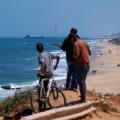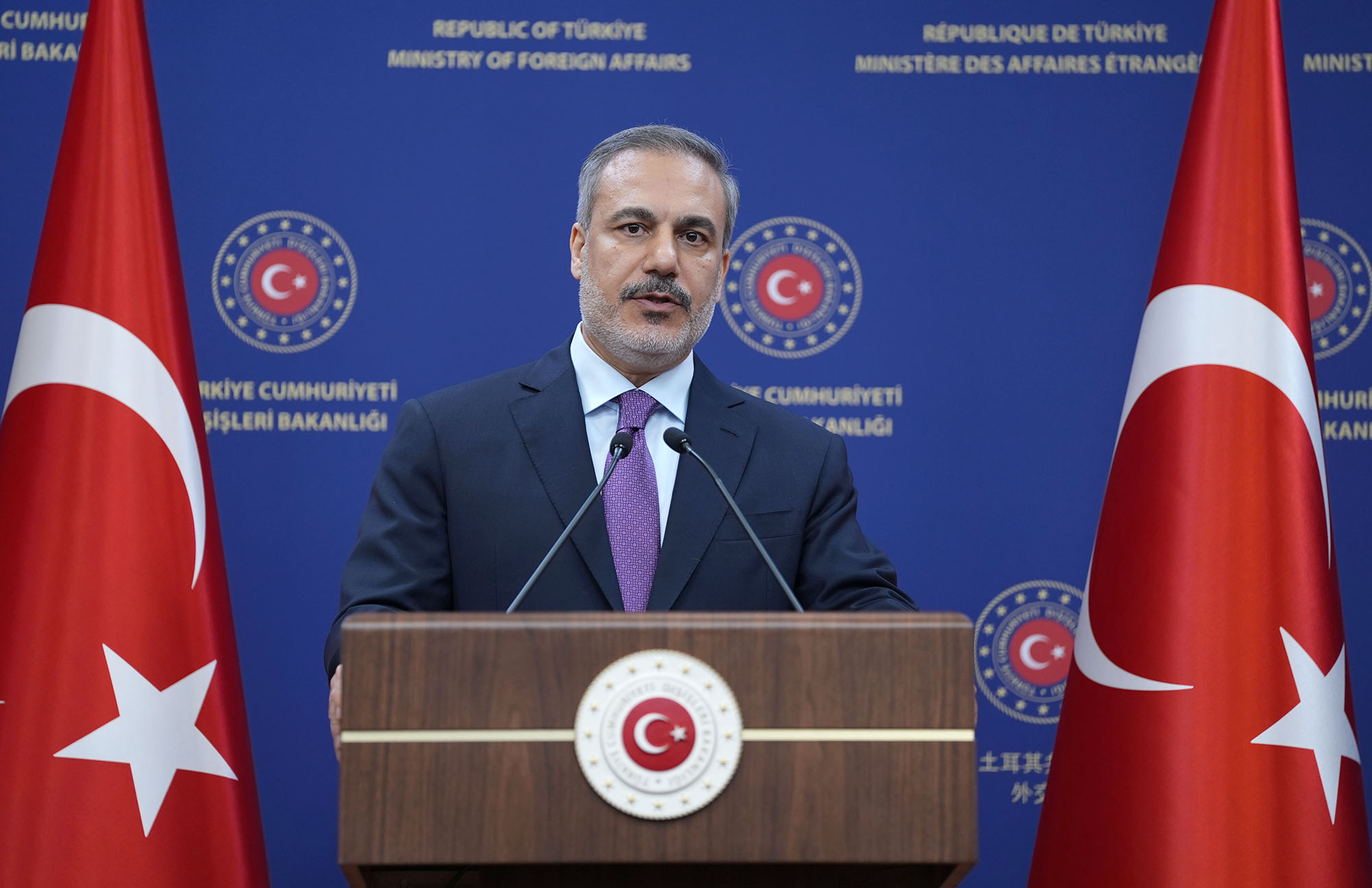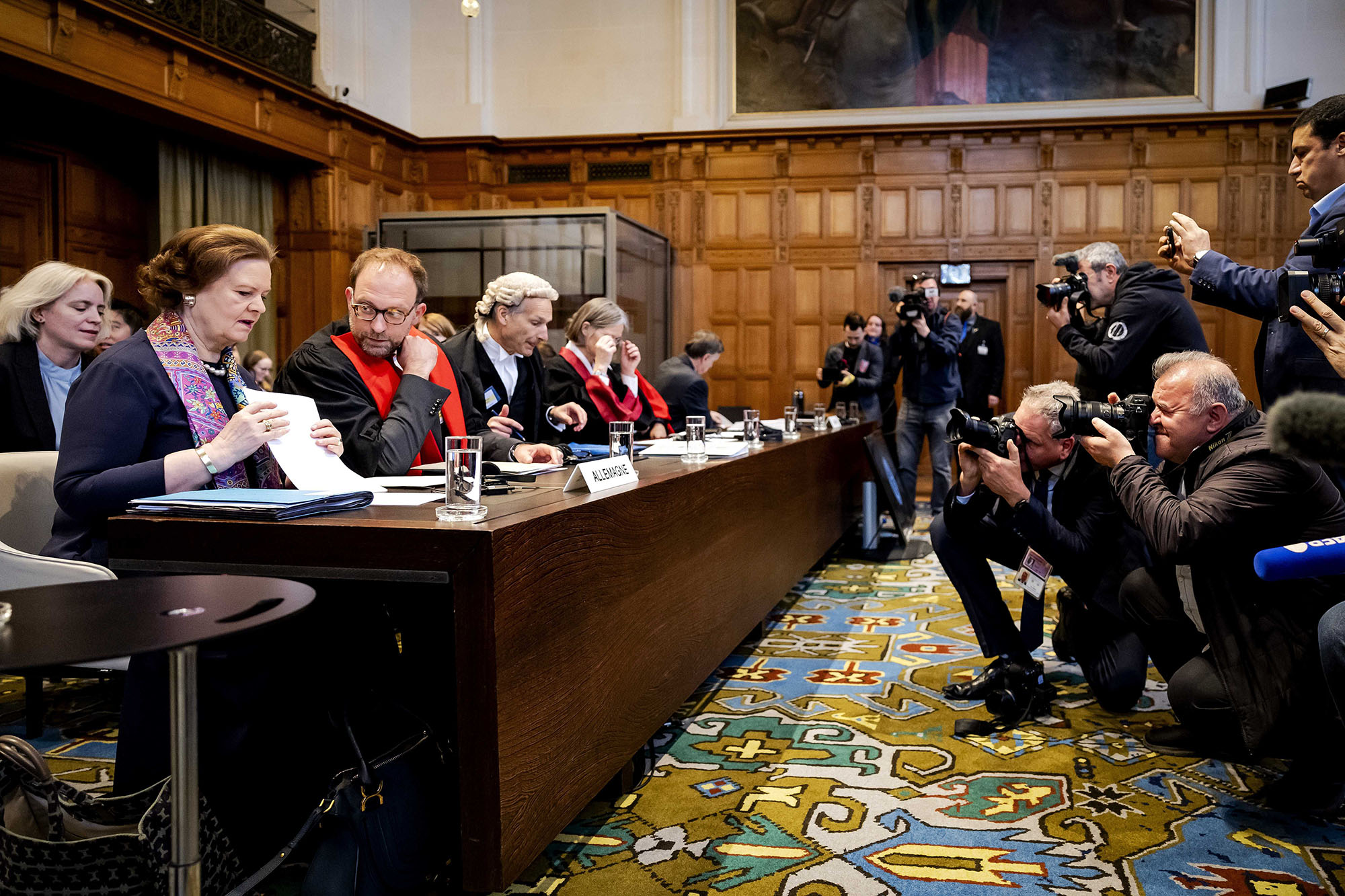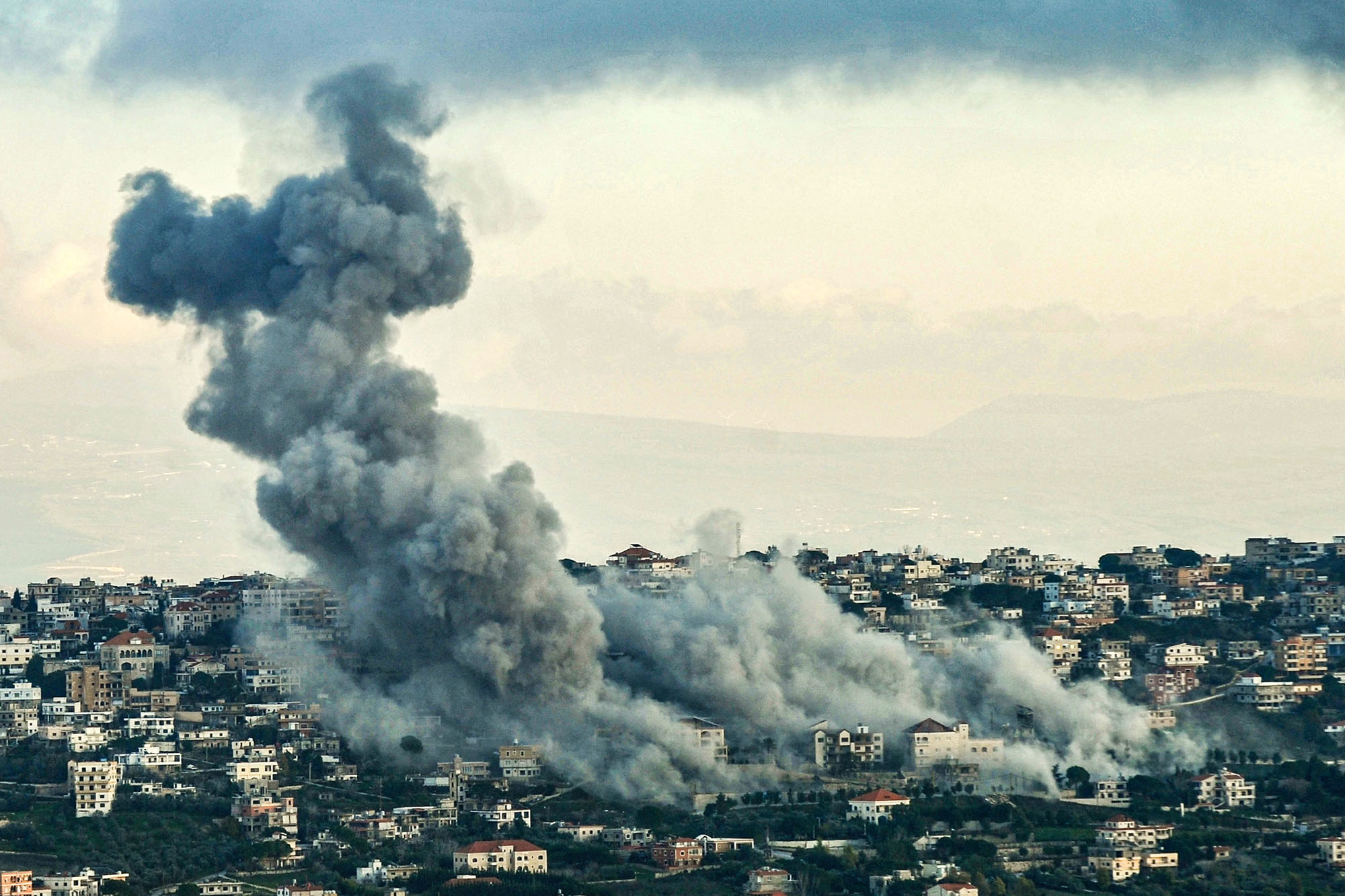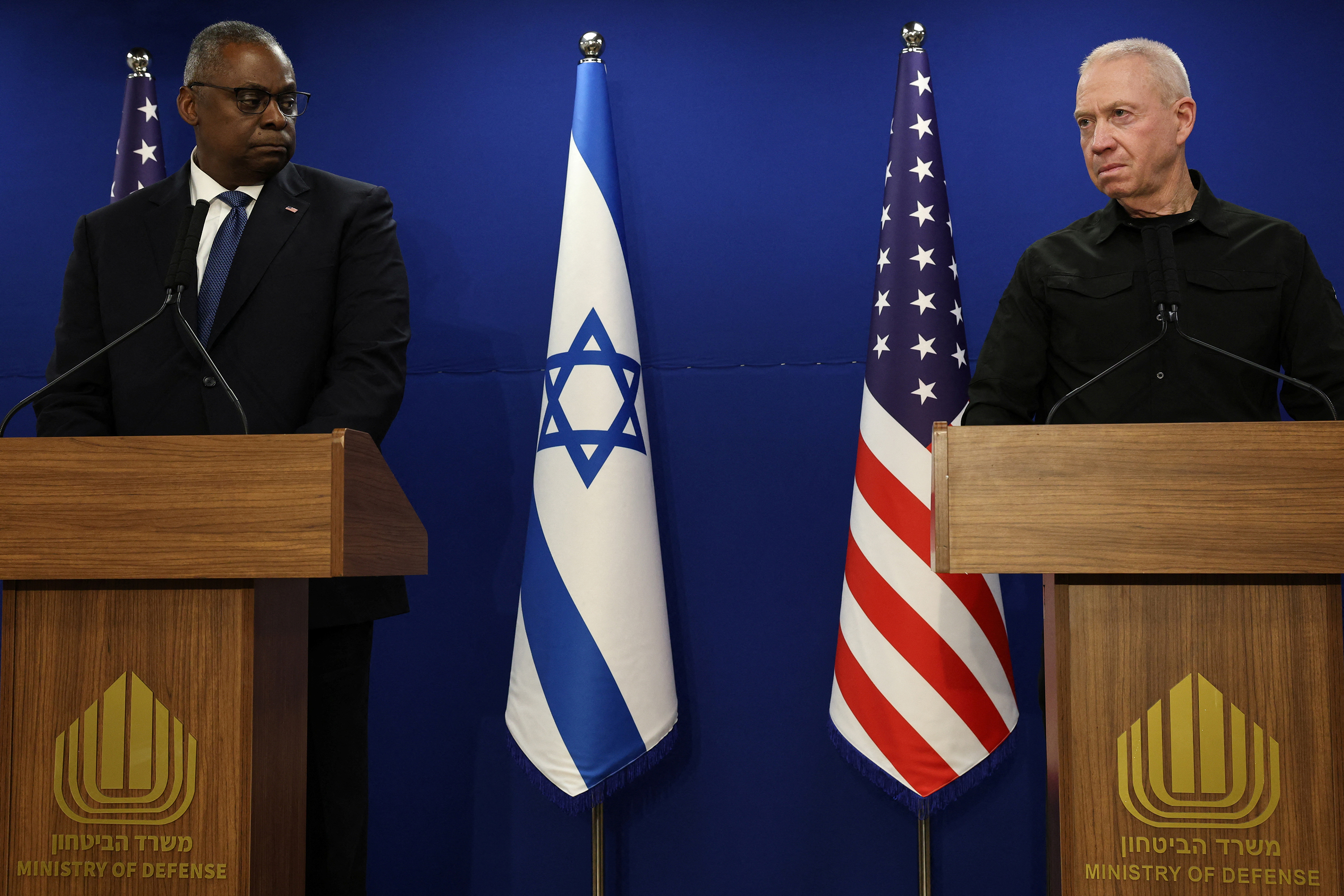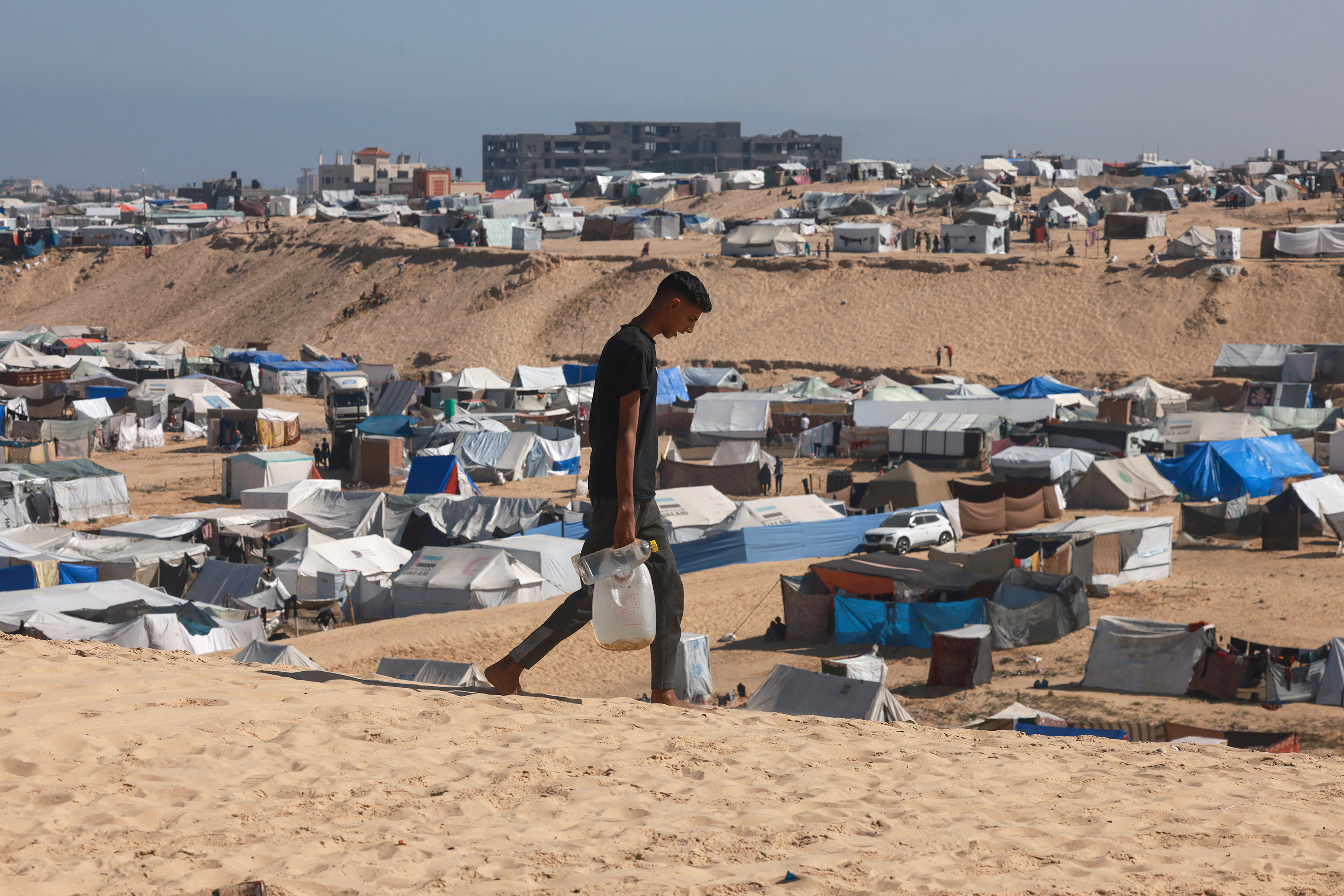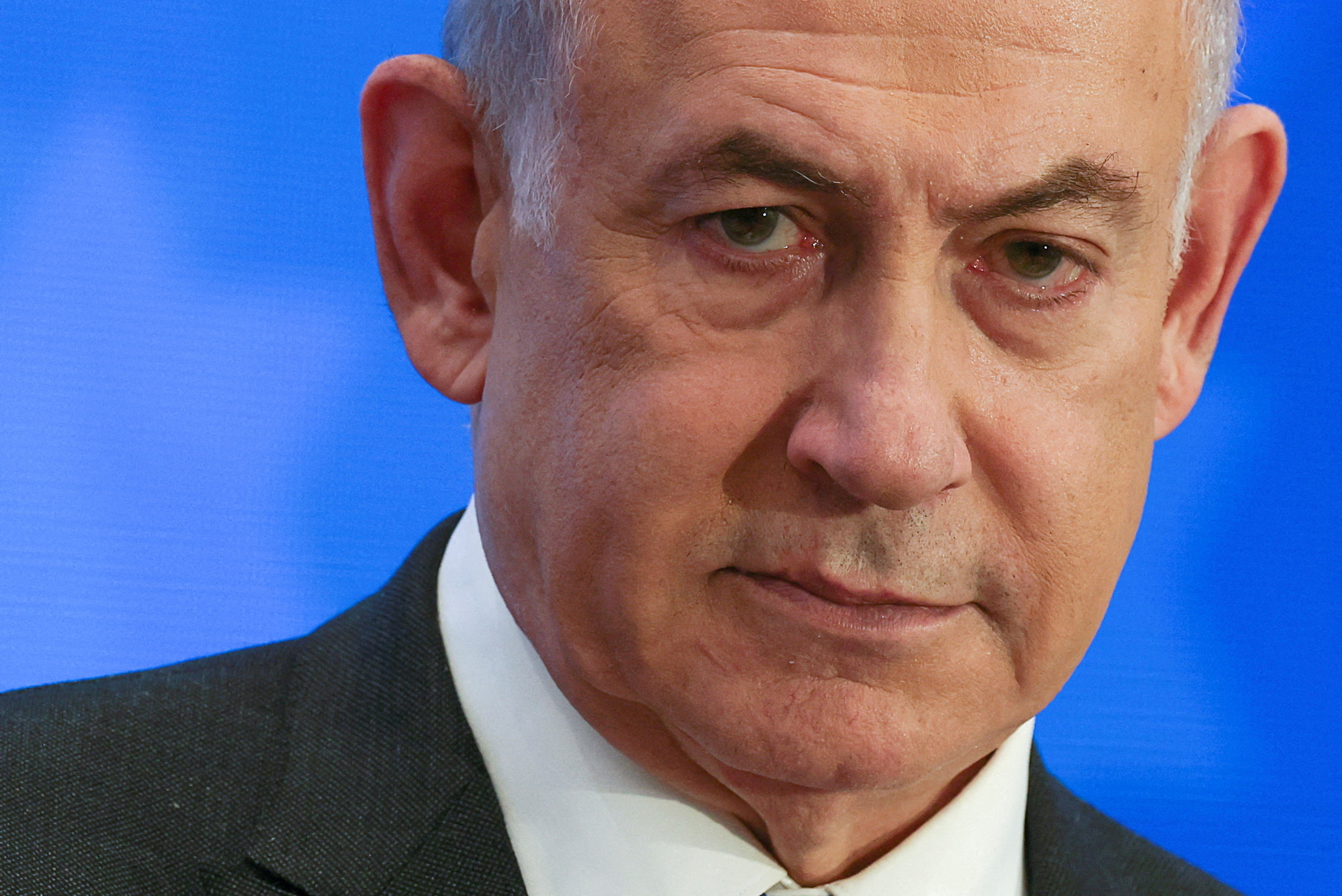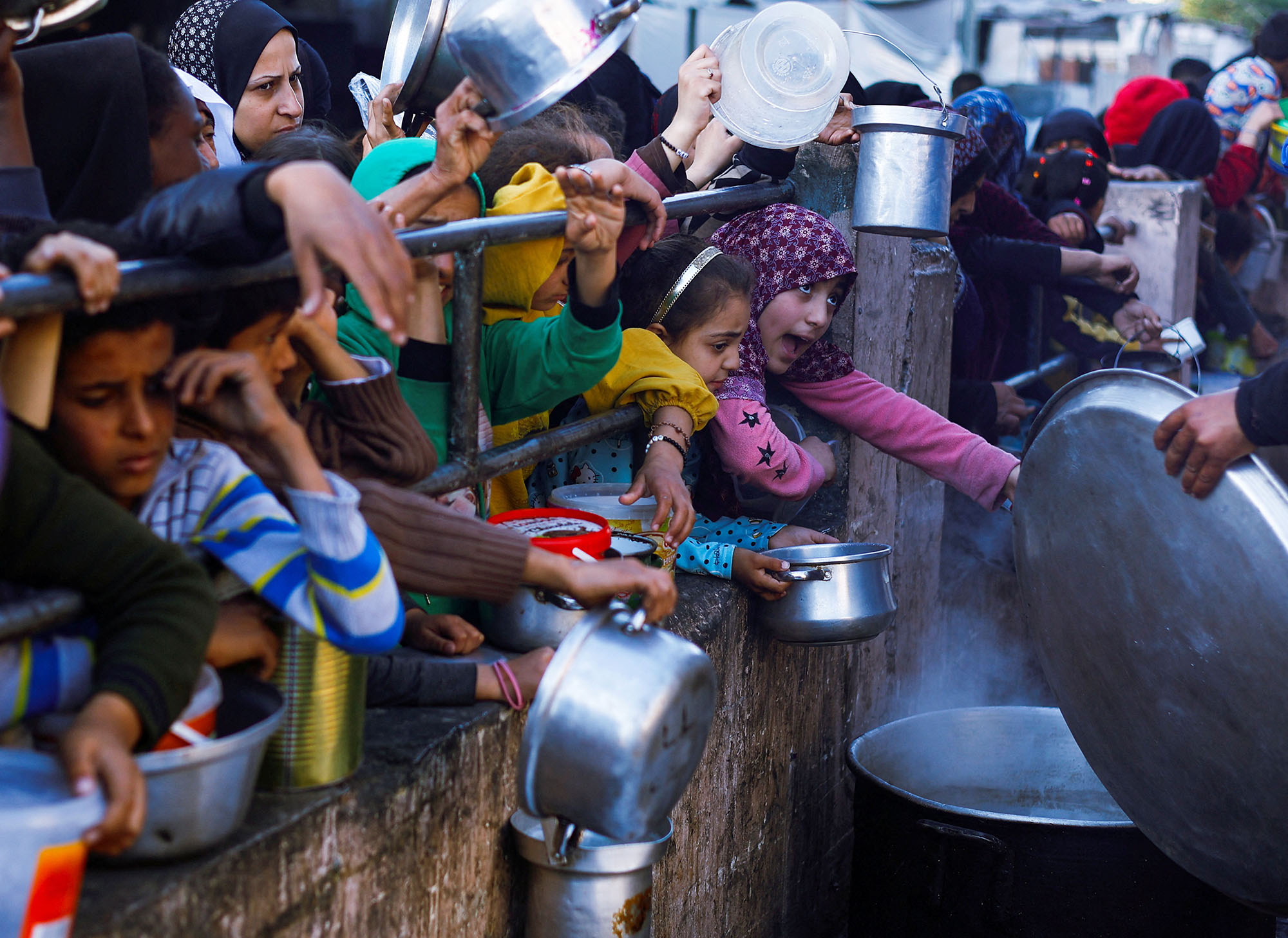
Children in Gaza have been dying from “starvation-related complications” since Israel began using starvation as a weapon of war, which is a war crime, Human Rights Watch (HRW) said in a report on Tuesday.
Israel denies the accusation, despite widespread evidence of malnutrition in Gaza. The report documents accounts from doctors and families in Gaza that described children, as well as pregnant women and breastfeeding mothers, suffering from severe malnutrition and dehydration and hospitals ill-equipped to treat them.
Dr. Hussam Abu Safiya who heads Kamal Adwan Hospital’s pediatrics unit in northern Gaza told HRW on Thursday that 26 children had died from starvation-related complications in his hospital alone. At least 16 were under 5 months old, and at least 10 were between 1 and 8 years old, he said.
The report also cites other challenges in distributing the little aid that does make it into the enclave, including ongoing Israeli bombardment and lack of security assurances. According to the report, Israel said aid entering Gaza faced no limits apart from security concerns, and some Israeli officials have blamed the UN for distribution delays. Other Israeli officials accused Hamas of aid diversion.
What Israel says: The Israeli Defense Ministry’s body governing civilian affairs in the Palestinian territories (COGAT) denied that the Israeli government was purposely starving Gaza’s civilian population. HRW said it sought comment from COGAT on the findings of its report but did not receive a response.
CNN cannot independently verify the findings in HRW’s report, but has reported similar accounts from Gazan civilians, Palestinian officials in Gaza and international humanitarian organizations documenting the war.
